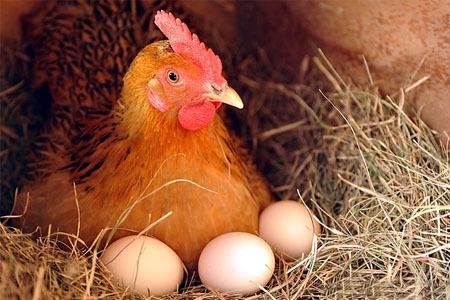技術中心
在自然交配群體籠中,蛋箱對蛋雞的恐懼、應激和羽毛損傷的影響
查看次數:7393
時間:2019-11-22群體籠是我國蛋雞自然交配過程中常常用到的。然而,在此系統中,往往出現啄羽(FP)的問題,并且FP引起的羽毛損傷需要得到緩解。本研究的目的是探索群體籠中放置產蛋箱對蛋雞的影響。

每個群體籠中飼養10只公雞和90只產蛋母雞,放置產蛋箱,評估其對雞只年齡、羽毛損傷和性行為、生育能力以及恐懼程度的影響。甲狀腺激素被認為是家禽各種應激狀態的生理指標,可能與羽毛覆蓋度的質量有關。對照組和蛋箱組各有12個重復,共計24個相同的籠子。采用SPSS統計軟件22.0中的線性混合模型進行分析。
數據顯示,與蛋箱組比較,對照組母雞身體4個主要部位(背部、臀部和尾部、腹部)的羽毛損傷比例明顯增加(P < 0.05);隨著蛋箱放置時間的延長,從41~47周,以及53周的時候,從產蛋數、坐臥數和使用蛋箱的母雞數、參觀數可以看出使用量的增加。兩組間母雞的生育力、交配發生次數和完全交配行為沒有顯著差異。在43、49和55周齡時,對照組母雞的緊張性持續時間更長(P < 0.05)。兩組間三碘甲狀腺氨酸或甲狀腺素濃度沒有差異,但是對照組雞只皮質酮濃度顯著高于蛋箱組(P < 0.05)。
綜上所述,在產蛋階段使用蛋箱,母雞的啄羽頻率降低、減少了羽毛破壞、降低了血漿皮質酮分泌,減少了恐懼感。
Effects of nest boxes in natural mating colony cages on fear, stress, and feather damage for layer breeders
Colony cages are commonly used in China for the natural mating of layer breeders. However, feather pecking (FP) is a major problem in this system, and feather damage mainly due to FP needs to be alleviated. The objective of this study was to investigate the effects of nest boxes provided in colony cages. Each colony cage confined 10 roosters and 90 laying hens. The use of nest boxes as it relates to age, feather damage, sexual behavior, fertility, and fearfulness was evaluated. Thyroid hormones, which are considered to be physiological indicators of various forms of stress in poultry and may be correlated with the quality of feather coverage, were also tested. The control group and the nest box group each had 12 replicates, totaling 24 identical cages. Analyses were conducted using the linear mixed models procedure of SPSS Statistics 22.0. The results showed that the control group had a significantly higher proportion of hens with feather damage to 4 specific body regions (back, rump, tail, and belly) compared to the nest box group (P < 0.05).
Increasing the use of the nest boxes took place from weeks 41 to 47 and at 53 wk of age, as seen by the percentage of eggs and number of sitting events in the nests, number of hens using the nests, and frequency of visits. There were no significant differences in fertility, the occurrence of mounting, or full copulation behavior between the 2 groups. Hens in the control group showed a significantly longer duration of tonic immobility at 43, 49, and 55 wk of age (P < 0.05). No significant differences were found between groups for the concentration of triiodothyronine or thyroxine, but a significantly higher concentration of corticosterone was measured in the control group than in the nest box group (P < 0.05). In conclusion, hens with access to nest boxes during the laying period had a decreased FP frequency, fewer damaged feathers, lower plasma corticosterone secretion, and were less fearful. This information contributes to the understanding of the FP behavior and stress sensitivity of layer breeders, which will provide a basis for the development and optimization of the colony cage equipment.
文章來源:豬營養國際論壇
【免責聲明】:文章來源于網絡,我們對文中陳述觀點判斷保持中立,并不對文章觀點負責。僅供讀者參考。版權屬于原作者。
 津公網安備 12019202000536號All Rights Reserved.技術支持:東方網景
津公網安備 12019202000536號All Rights Reserved.技術支持:東方網景








